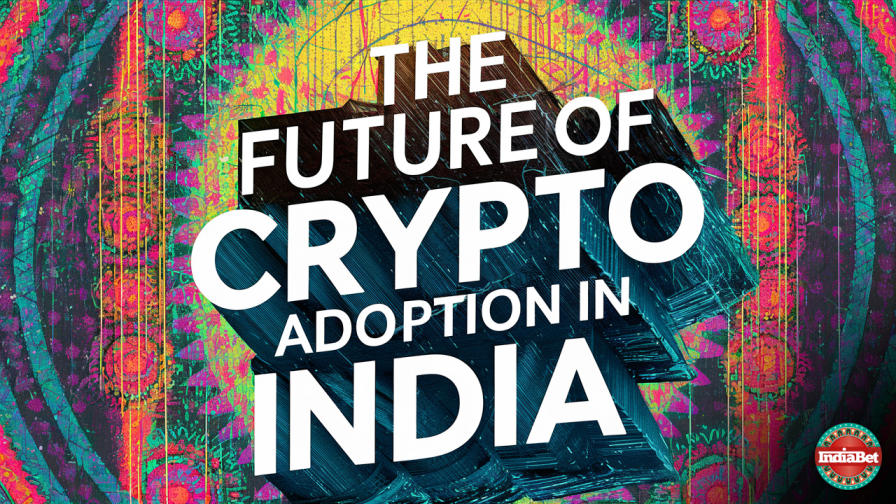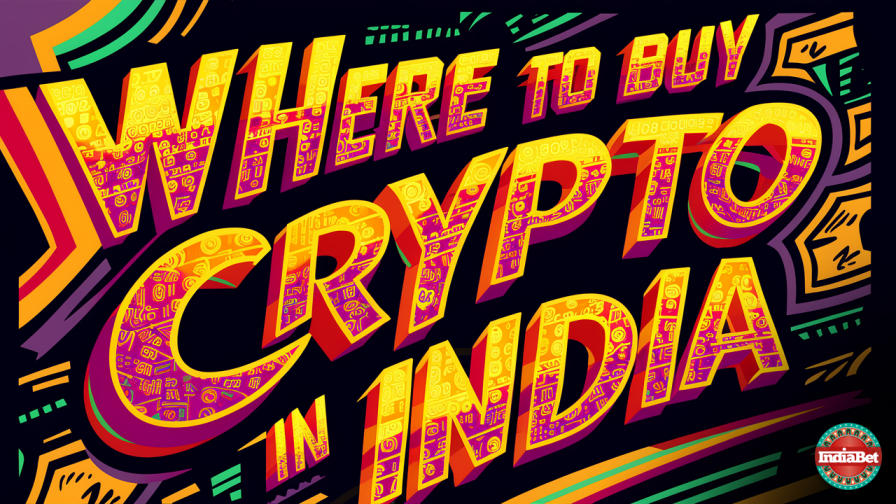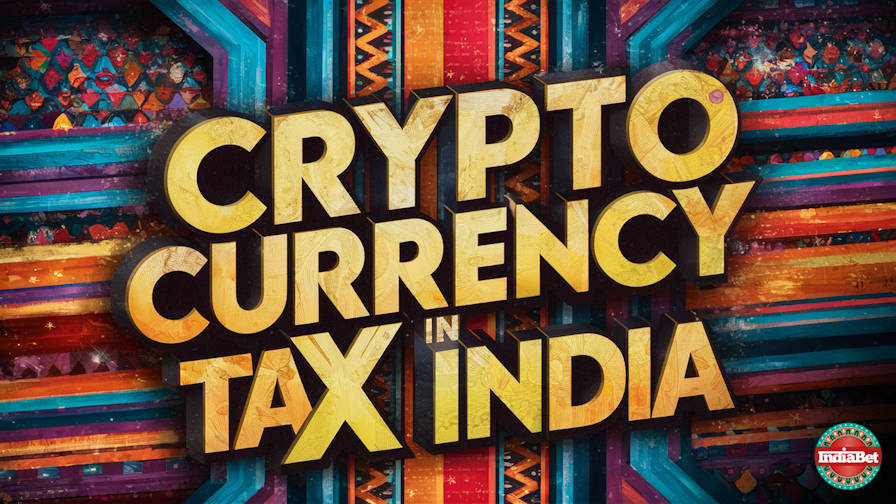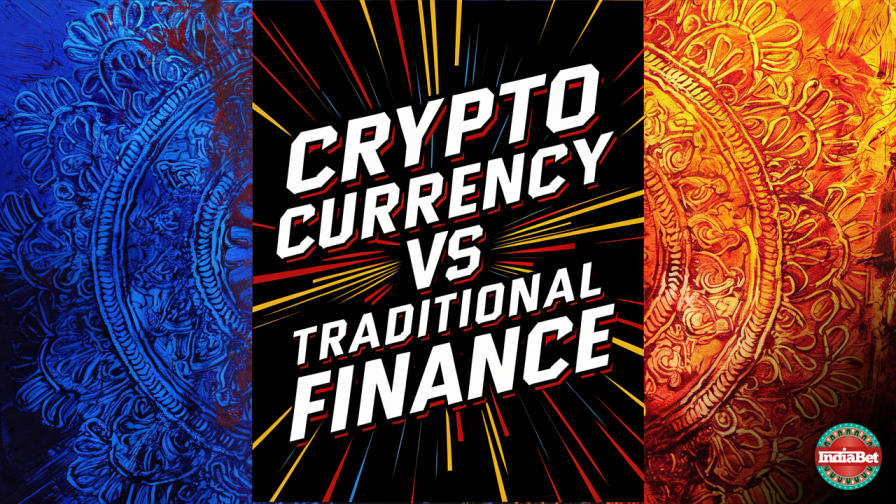
As the world is rapidly embracing the digital revolution, cryptocurrencies are emerging as a significant part of this transformation. Despite regulatory uncertainties, the interest in cryptocurrencies is growing due to the potential future uses in India.
Remittances
India is the world's top receiver of remittances, with millions of Indians working abroad and sending money back home. Traditional remittance methods often involve high fees and slow transaction times. Cryptocurrencies, with their ability to facilitate fast, low-cost international transactions, could revolutionize this space. For instance, a worker in the UAE could use Bitcoin (BTC) or Ripple (XRP) to send money back to their family in India.
Financial Inclusion
Despite significant progress, financial inclusion remains a challenge in India, with many people, particularly in rural areas, still lacking access to basic financial services. Cryptocurrencies, which only require an internet connection to access, could help bridge this gap. For example, a farmer in a remote village could use a cryptocurrency wallet to receive payments for his produce or access financial services like loans.
Digital Payments
India is rapidly moving towards becoming a digital economy, with digital payments on the rise. Cryptocurrencies could take this a step further by offering a secure, decentralized alternative to traditional payment methods. Imagine paying for your groceries or online shopping with Bitcoin or using Ethereum to buy a movie ticket!
Smart Contracts
Smart contracts are self-executing contracts with the terms of the agreement directly written into code. They automatically execute transactions when predefined conditions are met, eliminating the need for a middleman. Ethereum is well-known for its smart contract functionality. In India, smart contracts could be used in various sectors. For instance, in real estate, a smart contract could automatically transfer the ownership of property once the payment is made, reducing the need for paperwork and making the process more efficient.
Asset Tokenization
Asset tokenization involves converting rights to an asset into a digital token on a blockchain. This could make investing more accessible and efficient. For example, a high-value asset like real estate could be tokenized, allowing people to buy and sell fractions of the property. This could open up new investment opportunities for the average Indian investor.
Supply Chain Management
Cryptocurrencies and blockchain technology could improve transparency and efficiency in supply chains. For instance, a manufacturer could use a blockchain to track a product from production to delivery, ensuring authenticity and preventing counterfeiting.
In conclusion, while the future of cryptocurrencies in India is still unfolding, the potential use cases are exciting. It is crucial to stay informed and understand these emerging technologies.
Cryptocurrencies can revolutionize remittances, financial inclusion, digital payments, smart contracts, asset tokenization, and supply chain management in India.






 90%84%
90%84%



